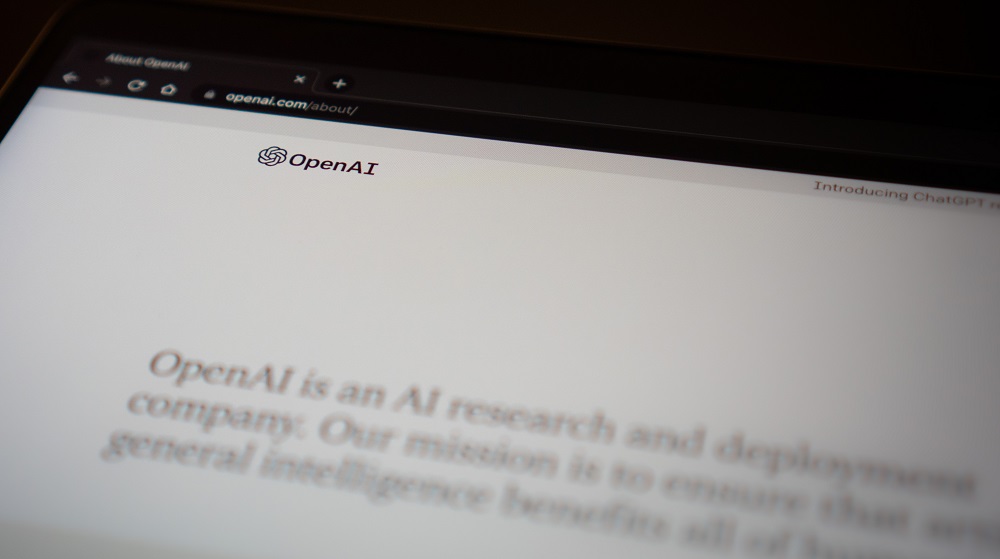OpenAI, the company behind ChatGPT, has filed trademark application for GPT-5, apparently its latest Large Language Model (LLM), with the United States Patent and Trademark Office. The development was reported by different users on Twitter last week. The application which is currently in process was filed on July 18, 2023.
It covers different use cases, including downloadable computer programs and software, and SaaS services for using large language models, artificial production of human speech and text, natural language processing, generation, understanding, and analysis, machine-learning based language and speech processing, translation of text or speech from one language to another, converting audio data files into text, voice and speech recognition, creating and generating text, developing, running, and analyzing algorithms capable of learning to analyze, classify, and respond to data, and developing and implementing artificial neural networks.
But as noted by other media outlets, the trademark application closely mirrors OpenAI’s previous trademark filings, including those for GPT-4. The functionalities listed in the application are already available in GPT-4. So it lacks any significant additional details beyond the name, GPT-5. It also does not confirm the existence of a functioning GPT-5 product by OpenAI.

During his India trip in June earlier this year, OpenAI’s CEO, Sam Altman, stated that they have a lot of work to do before GPT-5. He said, “It takes a lot of time for it. We are certainly not close to it. There needs to be more safety audits. I wish I could tell you about the timeline of the next GPT.”
Windows Latest’s report also indiciates that the AI lab, for now, plans to focus more on the GPT-4 model and improve its features through tools like plugins, custom instructions, functions, and more.
In March earlier this year, however, Siqi Chen, the founder of Runway Financial, tweeted that he was informed GPT-5 is expected to complete its training in December, without sharing the source. He also asserted that OpenAI will achieve AGI with GPT-5. The definition of AGI (Artificial General Intelligence) can vary depending on whom you ask. Tom Everitt, an AGI safety researcher at Google’s AI division DeepMind, defines it as “AI systems that can solve any cognitive or human task in ways that are not limited to how they are trained.”
Unfortunately, the trademark application doesn’t reveal anything about the timeline, so we’ll probably have to wait for leaks or an official announcement from the company before knowing more. The AI company hasn’t shared anything on the latest version of its AI image generation software as well, but leaks have already revealed a lot about Dall-E 3.






